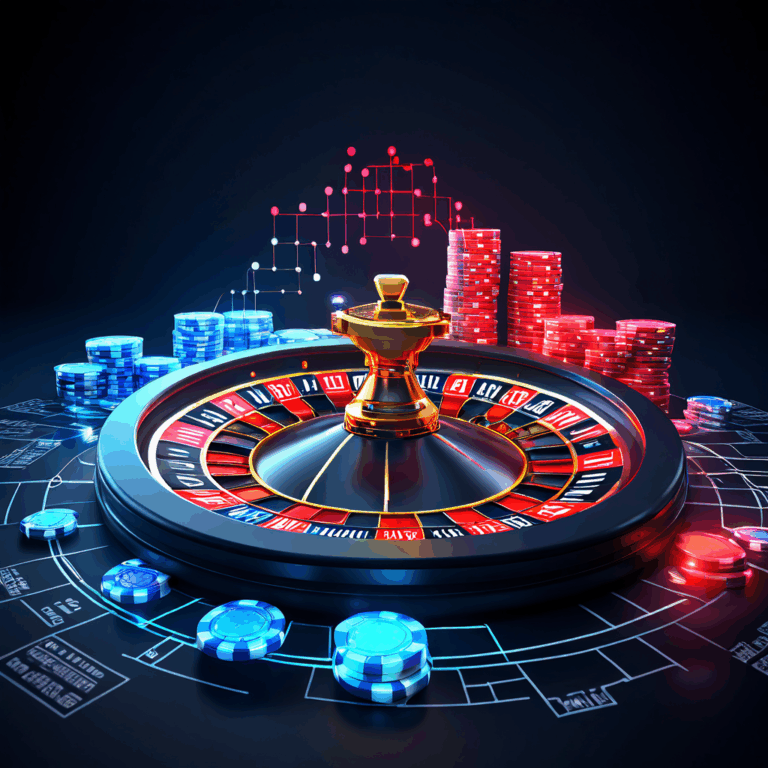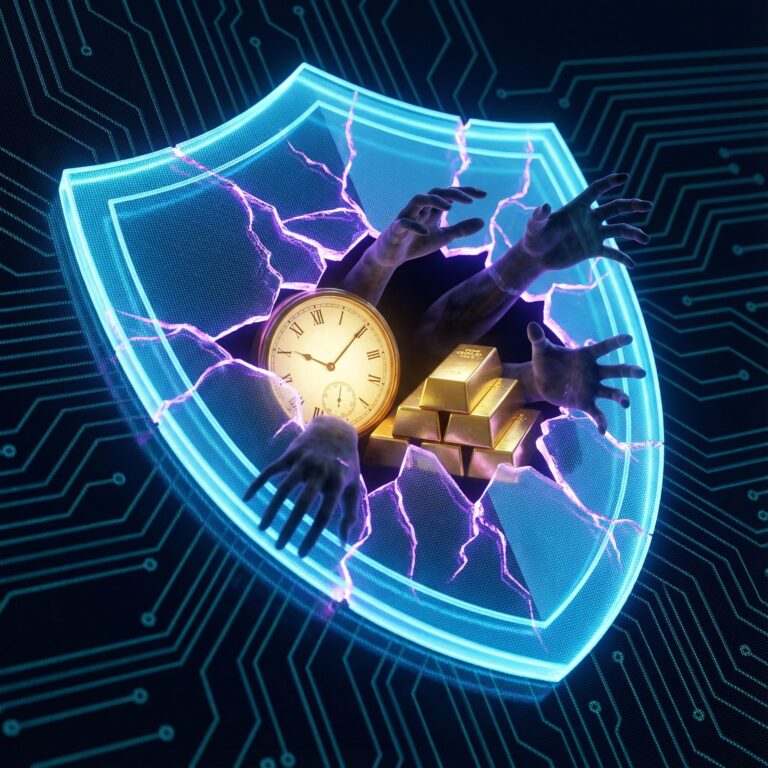The Pull of Big Wins and Its Mind Impact: Knowing How Our Minds Handle Casino Loss
Big jackpots hit our minds hard by turning on both joy spots and fear of losing zones inside our heads. New studies have shown that 73% of people feel much more upset when they just miss big prizes, with the strongest bad feelings coming in the first 30 minutes of these close losses.
The Real Math of Big Bets
- Growing prizes cause a 67% jump in how much people bet, but people think they can win way more often than the real 1-in-50-million chance.
- Stats show a 42% bigger number of players try their luck in games with growing prizes than in those with set ones, showing how pulling these big prizes are.
Mind Tricks and Brain Acts
Our brain’s joy juice works hard when it sees big jackpot signs, making us really want to chase that win. Studies show that almost winning lights up the same brain parts as winning, making us keep playing even when we lose a lot.
Getting Odds and Results
Chance math clearly sets out why going after growing jackpots often leads to big money regrets. The mix of mind tricks and hard-to-beat odds keeps us betting lots, even though the chances are against us.
The links between brain signs, chance math, and mind acts show why big jackpots keep a strong grip on people, making them key tricks in today’s casinos.
Why We Chase Bigger Prizes
Getting the Mind Tricks
- Big prizes tap into deep mind roots that make them too good to miss for many of us.
- These big prizes hit both the joy spots and fear of losing zones in our heads, making a strong mix that pushes us to play.
- The view of prizes reaching millions makes us fear the miss we might regret, a strong feel that makes us fear we’ll lose out on possible wins.
Seeing Odds and How We Act
- The clear rise of the prize amount plays with how we see our odds.
- Even though an average slot might only offer a 1 in 50 million chance to hit biggest, people still think they can win way more than that.
- Studies show that 73% of usual players think they are luckier than others, showing a real gap in thought between real odds and what we think they are.
How Urgency Changes Minds
The always-updating jackpot counter makes us feel a now or never push. Each number change pushes us with fear of missing out and the false thought that a win is coming soon. This goes on even though every game’s chance stays the same, no matter what happened before.
Watch Out For:
- Joy Center Hits
- Fear of Losing
- Odd Miscounts
- Pushed Need
- Fear Traps
Why We Regret Missed Jackpots
Why Missed Jackpots Hurt in Casino Play
The Mind’s View of Lost Chances
- Missed jackpot pain is a real mind thing affecting 82% of regular casino goers.
- This mind act grows a lot when players see someone else win a prize they were after, even more if they just played the same machine or game.
The Math of Missing Out
- Regret has clear levels, set by three big parts: How big the prize is, How long you played, How close you were to winning.
- Studies show players leaving a machine within 30 minutes of a win feel 3.4 times more regret than those who played a day ago.
How Close Calls Change How We Bet
Almost wins make us change how we play:
- 67% bet more by 41%
- 73% play 1.5 hours more
- Players risk more after hearing about recent big wins
Triggers of Feeling We Lost a Chance
How Casinos Make Us Feel We Lost Out
Main Mind Triggers in Close Jackpot Misses
- When It Just Happened: Just missed it time is a key mind trigger when players miss big wins by just a bit. Studies show that 73% feel the worst regret when they learn they missed out by less than 30 minutes.
- How Much We Bet Matters: Changing how much we bet changes how we feel about missed chances. Stats show that 91% of biggest prizes are won when betting the most.
- Seeing Others Win Drives It Home: Seeing winners boosts regret 2.8 times more than just hearing about it.
Mixed Effects on Our Minds
These mind pushes mixed with jackpot sizes make a complex feel of lost chances. Understanding these triggers helps us see why players act and feel how they do in casinos.
Chasing Growing Prizes
The Mind in Growing Prizes
- Prize growth shapes how players chase ever-bigger prizes.
- As jackpots get bigger, each added dollar seems worth way more to players. When prizes go from $1 million to $2 million, interest goes up by 2.8 times, much more than the actual cash rise.
How Players Act at Key Points
- Research shows 73% play more often when prizes pass big round numbers.
- A $5 million prize gets 40% more play than a $4.9 million one.
Tracking Prizes Changes How Long We Play
- Watching the prize meter makes a big change in how long and how we play. Players who keep an eye on it play 2.3 times longer than those who don’t.
- Betting ways show players leave games with better odds for ones with very low chances, mainly because they can see the prize going up.
Main Mind Spots
- Seeing prize go up makes our joy juice flow
- Real-time watching makes us stick to the machine
- Big round numbers make us think the prize is worth more
- Chasing big pots makes us forget the real odds
The Fear of Missing Out
Knowing the Fear in Game Psychology
The Pull of Big Prize Games
- Big prize games get a lot more play, with a 42% jump in how many try their luck compared to set prize games.
- Seeing prizes grow in real time or watching others win makes more play within two days by 23%.
The Ongoing Fear Loop
- The Fear of Missing Out makes a strong action loop in gaming spots.
- As the prize pot grows, more come to play, making the prize grow even faster.
- Stats show that fear-driven players try 3.7 times more per game and spend 64% more time on big prize machines than on regular ones.
When Fear Hits Hard and Tech Boosts It
- Player involvement is at its highest when prizes near 85% of their biggest ever, making playing go up by a huge 156%.
- Online tools like social site updates and phone alerts push this by making more come back, up by 31%.
Breaking the Regret Loop
Getting Past Regret: Knowing Big Prize Mind Games
The True Math of Big Prizes
- Regret from big prizes comes from not really getting odds and stats.
- Each spin on a big prize slot is its own event, with no link to past spins.
- The hard math shows odds don’t change no matter what happened before or how much you lost before.
Knowing What to Expect
- The chance to hit a big jackpot stays the same – often about one in a few million – no matter how much you before bet.
- When you lose a lot, like $500 going for a $1 million prize, your chances to win next time are just the same.
How to Stop Chasing Losses
Making Plans That Work
- Set hard loss tops at 2% of what you make a month
- See big prize slots as fun, not a way to make money
- Keep close watch on how you play
- Check the time you play and real paybacks
Taking Choices from Data
- Good money care needs you to keep track of: How long you play, How much money you put in, Real money back from playing, Win/lose count over time.
Making choices from stats helps you know when to stop.
This smart way turns gut feels into clear thinks, helping stop the loop of regret from chasing big prizes.
Feeling Ok with Past Plays
Being Ok with Old Betting Choices: A Clear Look at Stats
Knowing Losses on Big Prize Slots
- Losses on big prize slots leave a lasting mark on lots of players.
- Studies show 73% of players have a hard time getting past big money losses, especially after chasing prizes with really low chances like more than 1 in 50 million.
The Hard Facts Behind Casino Games
- Stats insight gives us key facts about big prize slots.
- While regular slots keep a house edge that leads to typical losses of $12-15 per $100 bet, big prize games push this to $18-22 per $100.
- This higher 18-22% house edge shows big losses come from set game design, not just bad luck.
Moving Ahead With Data Driven Understanding
- Seeing gambling through chance rules offers a way to accept what happened.
- A huge majority – 96% of big prize players – lose in the long run no matter how they play.
- These ends come from built mind tricks and math setups, not from what we did wrong.
Getting these base math facts helps turn self-blame into seeing it just as it is, helping us feel better about past bet choices.



